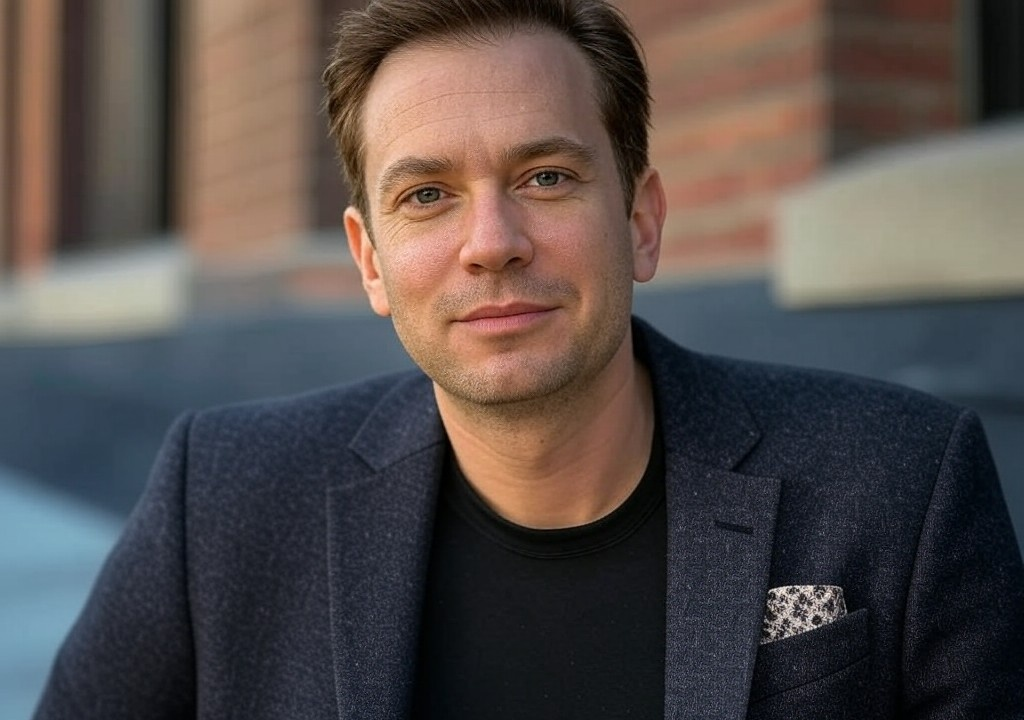Lessons I Wish I Knew Earlier
Picture this: I’m 22, freshly Yale-ified, standing in the middle of a friend's wedding reception in New Jersey, holding a glass of mediocre champagne and wondering why the heck my love life felt like reruns of a sitcom that never quite made it past pilot season. That was the moment I decided that maybe—just maybe—the problem wasn’t that other people were impossibly confusing, but that I had no idea how relationships actually worked.
Fast-forward through years of overthinking texts and epiphanies in airport waiting lounges, and I’ve compiled a little list of hard-earned lessons. So, if you’re reading this with a faint sense of “ugh, why is this all so complicated?”—trust me, I’ve been there. Let me save you a few missteps.
1. You Can’t “Excel Spreadsheet” Your Love Life
If you’re Type A like me—which is to say, you treat brunch reservations like battle tactics, and you think of compatibility like a bar graph—I’ve got news for you: love isn’t linear, nor is it logical.
I used to think that building a relationship was like constructing IKEA furniture. Just follow the manual! Match your likes, your dislikes, your 10-year plans! But people, unlike flat-packed furniture, don’t come with allen keys or step-by-step instructions.
I once dated someone who ticked every box on my (terrifyingly detailed) “Ideal Partner Worksheet.” We both liked early Spike Lee films, we both wanted to live in Brooklyn, and we both thought brunch was overrated (sacrilegious but true). On paper, we were perfect. In practice? Being with them felt like doing taxes—necessary, but utterly devoid of joy.
Lesson? Chemistry doesn’t come pre-packaged. Compatibility is lovely, but connection happens in the spaces you can’t quantify.
2. Over-Communicate (Even When It Makes You Cringe)
Oh, the things I’ve tried to communicate via pointed silence. Or passive-aggressive playlist curation. Or—God forgive me—a cryptic Instagram story captioned “lol.” Spoiler: none of these ever worked.
My epiphany, embarrassingly late in the game, was this: people aren’t mind readers. You know when you’re watching a rom-com, and the characters keep having misunderstandings that would be solved by one direct conversation? When it’s your life, it’s less “endearing plot twist” and more “unnecessary heartbreak.”
Here’s the uncomfortable truth—they can’t fix (or celebrate!) what they don’t know. Be clear. Be kind. Say how you feel. Yes, it’s humbling, and yes, you’ll sound awkward the first 57 times you try. But transparency is like stretching before a run: it feels silly in the moment, but it saves you from future pain.
3. Be the Main Character, but Don’t Cancel the Supporting Cast
In your twenties, particularly post-college, it’s easy to fall into the trap of putting all your emotional stock in your romantic relationships. Your college roommate was your rock? Cool, but now you’ve found someone who likes the same obscure techno band as you, and suddenly you’re ghosting drinks with the friend who helped you survive Econ 101.
Love doesn’t mean shutting out the rest of the people who lift you. In fact, those friendships will remind you of who you are when things get messy (and spoiler alert: they inevitably will).
Case in point: when I moved back to Brooklyn in my late twenties, my best friend from childhood slowly re-entered my orbit. She promptly called me out for being “obsessed with a walking red flag in overpriced sneakers,” and reader, she was right. If I hadn’t listened to her, I might still be stuck trying to date someone who thought avocado toast was a personality.
A healthy, balanced relationship amplifies your world, not shrinks it. Keep your friends close. They’ll remind you that you’re still Beyoncé, even if your romantic lead is just a random backup dancer.
4. Rejection Isn’t a Reflection (Of You)
True story: After a whirlwind summer fling in Berlin, I got ghosted so hard I briefly considered deleting my phone number and joining a monastery. My ghoster’s parting text? “I think we’re looking for different things.”
To be clear, I didn’t take it well. I mentally replayed every conversation, berated myself for not “being enough,” and ranted about commitment-phobia while listening to every sad James Blake song known to man. But years later, with the benefit of hindsight and better playlists, I learned this valuable lesson: rejection is rarely personal, even if it feels like it should be.
Sometimes, people really are looking for different things. It doesn’t mean you’re lacking, or unlovable, or too “something” or not “enough” of something else. It just means the puzzle didn’t fit—and thank God it didn’t, because no one wants to be crammed into the wrong picture.
5. You Teach People How to Treat You
This one took me the longest to learn, and here’s why: it requires showing up for yourself in ways that are uncomfortable.
When I was younger, I had this terrible habit of agreeing to things I didn’t actually want. Cancelled plans last minute? No problem! Emotional unavailability? Surely I could charm someone into trying therapy! Spoiler: this never worked.
Now, I hold boundaries like a bouncer at an exclusive club (except friendlier, and with no velvet rope). Want me to drop everything last-minute? Can’t do it. Think it’s funny to “poke fun” at something I’m sensitive about? Exit stage left. Good relationships—romantic, platonic, or otherwise—require mutual respect. Don’t be afraid to demand it.
6. Love Yourself Like You’re the Prize (Because You Are)
I’ll be honest: this one sounds corny, like an Instagram quote slapped over a sunrise. But there’s a reason self-worth is a recurring theme in every piece of dating advice ever written—it matters.
I spent many of my early dating years feeling like I had to audition for the role of “Person Worth Loving.” I said yes to dates I didn’t want, stayed too long in situations that drained me, and laughed at jokes that weren’t even funny. Why? Because I was afraid that being myself—fully, unapologetically—wasn’t enough.
Here’s the kicker: when I started showing up as my authentic self, something shifted. Did I scare away a few people who weren’t on the same wavelength? Absolutely. But the connections I built after that? Magic.
If there’s one takeaway from all this, let it be this: you don’t need to shrink, change, or camouflage to find love. The right ones will see you—all of you—and stay.
Final Thoughts: You’re Doing Just Fine
If you’ve skimmed this far and you’re wondering, But am I hopelessly behind on this whole love thing? let me answer that now: absolutely not. Relationships are a messy, glorious experiment, and we’re all figuring it out as we go.
If you’re in the trenches, just know you’re not alone. Take a breath. Learn as you go. And remember—flirting might be fun, but the real joy comes from building something that lasts. You’ve got this.




















